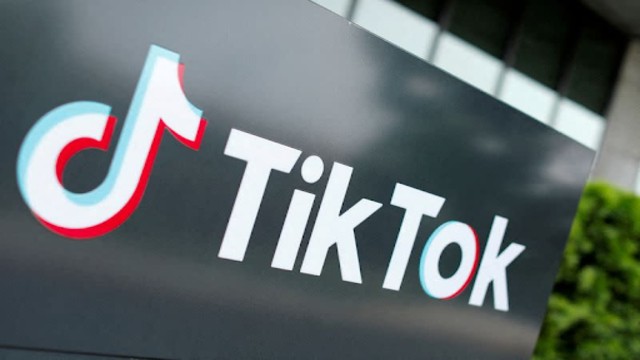
The TikTok logo is displayed outside the company’s U.S. headquarters in Culver City, California, on September 15, 2020. Mike Blake captured this image for Reuters.
TikTok, a wildly popular app with over 170 million American users, faces an imminent shutdown in the United States on Sunday due to a federal ban unless last-minute changes occur. This development follows a law signed last April mandating TikTok’s Chinese parent company, ByteDance, to sell its U.S. operations or face a nationwide ban.
The situation has sparked political and legal debates. Outgoing President Joe Biden has no plans to block the ban in his final days unless ByteDance proposes a credible divestment plan. Meanwhile, President-elect Donald Trump, set to take office a day after the ban, is reportedly considering an executive order to delay the enforcement for up to 90 days, though legal feasibility remains unclear.
If the ban takes effect, TikTok will be removed from app stores, halting new downloads. While current users could theoretically continue using the app, U.S. companies will be prohibited from supporting the app’s maintenance, updates, and distribution. This would gradually render the platform unusable, according to TikTok's legal team.
TikTok has prepared contingency plans. Users attempting to access the app post-ban will see messages directing them to a website explaining the situation. Additionally, the company will offer options for users to download their data before services are fully shut down.
The shutdown’s impact could ripple far beyond U.S. borders, as TikTok relies on hundreds of U.S.-based service providers for its global operations. This includes data storage and app infrastructure, which would cease to function, potentially affecting users worldwide.
TikTok and ByteDance have argued in court that the ban violates First Amendment protections, claiming it restricts free speech. Last month, the company highlighted that a third of its U.S. users might abandon the platform if the ban persists for just a month.
Efforts to extend ByteDance’s deadline to divest TikTok have hit political roadblocks. Democratic Senator Ed Markey proposed a 270-day extension, but Republican Senator Tom Cotton blocked the motion. Meanwhile, the Supreme Court is deliberating whether to uphold the law, pause its enforcement, or overturn it.
Despite the looming ban, TikTok remains optimistic about resuming operations if the restrictions are eventually lifted. The app’s lawyer, Noel Francisco, noted that shutting down services doesn’t require extensive planning, enabling a relatively swift restart should the ban be reversed.
Privately owned ByteDance is majority-held by institutional investors, including BlackRock and General Atlantic, with the remaining shares divided among its founders and employees. The company employs over 7,000 people in the United States, highlighting the significant economic implications of the ban.
As Sunday approaches, TikTok’s future in the U.S. hangs in the balance, awaiting decisions from courts and political leaders. For millions of American users, the app’s shutdown could mark the end of a platform that has become an integral part of their digital lives.















